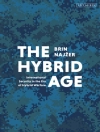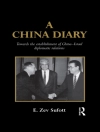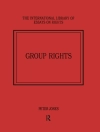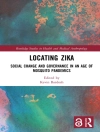This book addresses the special relationship from the perspective of post-Second World War British governments. It asks how they have perceived the special relationship and performed a foreign policy role within it? This enables the book to argue that Britain’s foreign policy challenges the dominant idea that its power has been waning and that it sees itself as the junior partner to the hegemonic US.
The book also shows how at moments of international crisis successive British governments have attempted to re-play the same foreign policy role within the special relationship. By setting contemporary foreign policy into its historical context, it provides fresh insights into why Tony Blair’s government felt it must participate in the Iraq War and questions anew why this decision was flawed. The book concludes that these failings are likely to be re-played and demonstrates why the special relationship’s role in British foreign policy must be urgently re-thought.
Mục lục
Introduction
1 British governments’ perceptions of power and leadership in the world order since the 1940s
2 Culture, history, ideology and politics: Changing representations of the special relationship in British political discourse
3 US dominance or an Anglo-American partnership? British perspectives on the making of the special relationship in 1945
4 Losing the Empire but maintaining a role: The special relationship during Harold Macmillan’s premiership
5 The doctrine of international community, coalitions of the willing and the role of the British Government in the special relationship during the War on Terror, 2001-2003
Concluding thoughts: British foreign policy and the special relationship in the Cameron era and beyond
Giới thiệu về tác giả
Dr. Simon Tate is a Senior Tutor in the School of Geography, Politics and Sociology at Newcastle University












